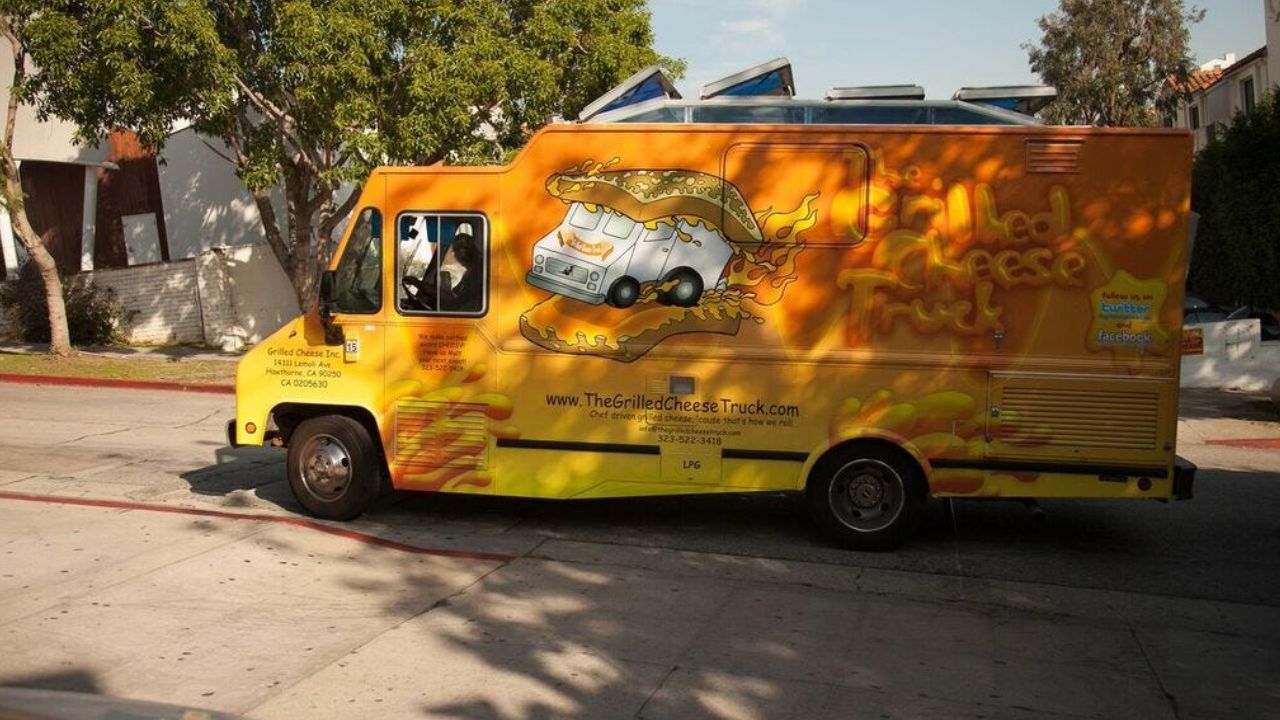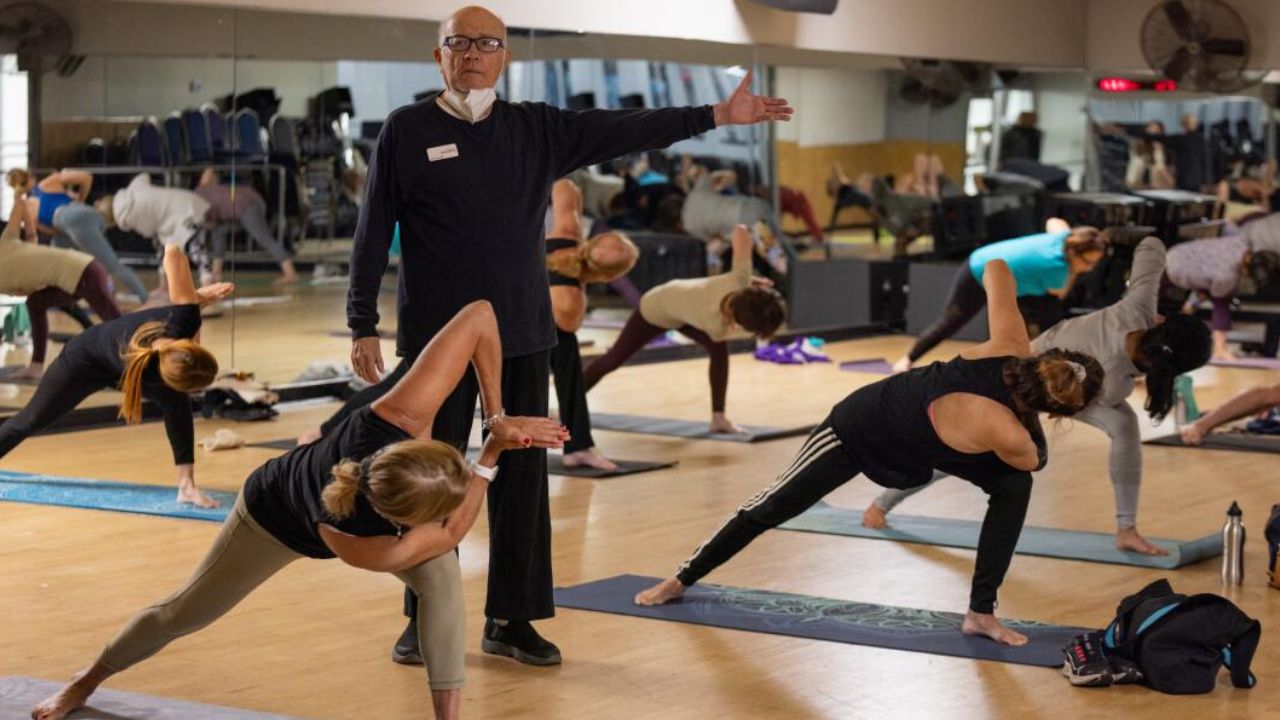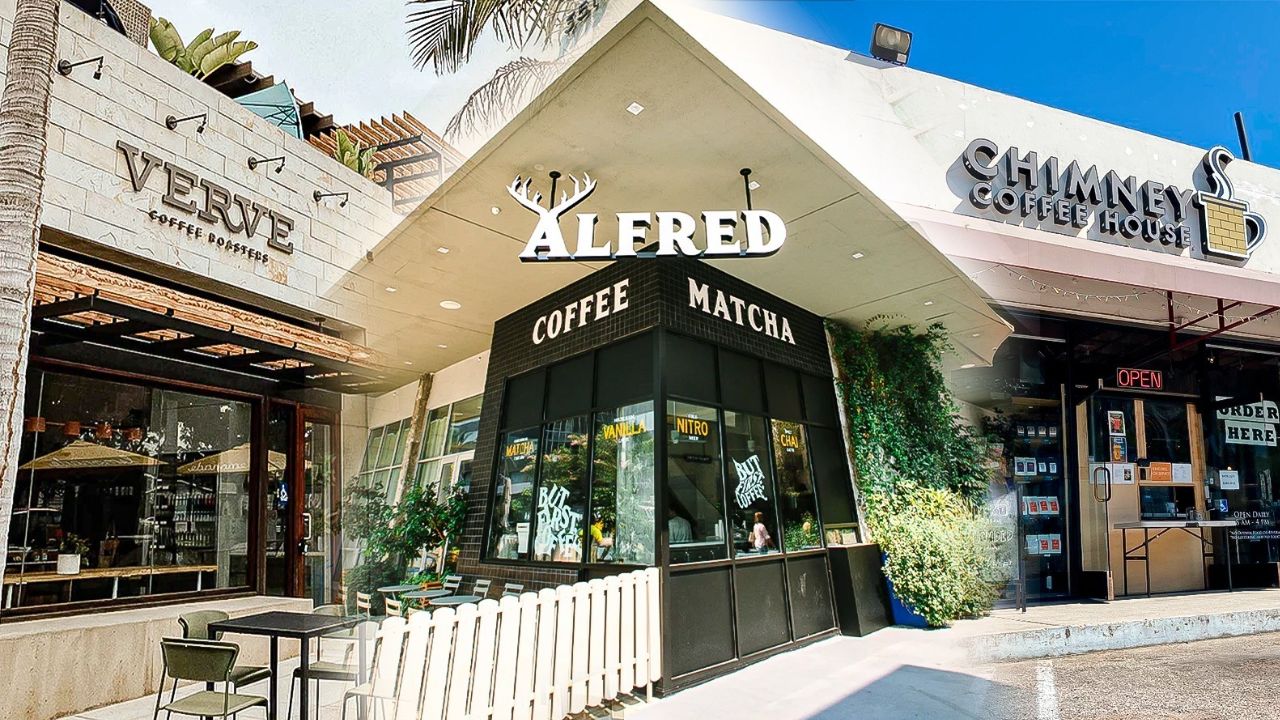If you drive around LA long enough—especially after 6 p.m.—you’ll spot them: neon-lit food trucks parked on busy corners, music pumping, crowds gathering for $5 tacos or Korean BBQ burritos. They’re not just late-night fixes anymore. These trucks have become the pulse of LA’s street food scene—reflecting everything from shifting economic realities to social media-driven tastes. And right now, food trucks are evolving faster than ever.
The Rise of the “New-Age” Food Truck
Once upon a time, LA’s food trucks were mostly taco stands with minimal frills. Now? We’re talking fusion menus, QR code ordering, and even Michelin-honored recipes on wheels. The city’s iconic food-truck wave that started with Roy Choi’s Kogi BBQ in 2008 has now matured into a full-blown culinary ecosystem.
Many of these newer trucks are tapping into the same trends driving brick-and-mortar restaurants—plant-based menus, sustainability, and global flavor mashups. Think jackfruit birria, vegan sushi rolls, and Filipino-Mexican fusion tacos that make you rethink everything you knew about “street food.”
Influencers, Instagram, and Infinite Lines
Social media has turned LA’s food truck scene into a real-time popularity contest. Trucks now live or die by their Instagram presence. One viral post from a foodie account can turn a quiet side street into a 200-person queue in under an hour.
According to LA County’s Department of Public Health, the number of permitted food trucks has jumped nearly 35% since 2020, thanks in part to mobile-friendly permit rules rolled out post-pandemic. The economic slowdown also nudged more chefs toward trucks, avoiding sky-high rents while maintaining creative freedom.
Many trucks use TikTok to tease new drops—almost like sneaker releases. Fans follow GPS-tagged posts to track their location, creating a cult-following vibe that traditional restaurants just can’t replicate.
Table: What’s Driving LA’s Food Truck Boom
| Trend | Description | Example Trucks |
|---|---|---|
| Global Fusion | Cultural mashups bringing inventive dishes. | Kogi BBQ, Saucy Chick Rotisserie |
| Plant-Based Revolution | Vegan and vegetarian trucks gaining traction. | Cena Vegan, Vurger Guyz |
| Tech-Driven Ordering | App-based menus and digital payments dominate. | Yeastie Boys, The Lobos Truck |
| Pop-Up Collaborations | Chefs teaming up for limited-run menus. | Tacos 1986 x Prince Street Pizza |
| Night Market Revival | Trucks forming outdoor night markets. | Smorgasburg LA, Mar Vista ArtWalk |
Late-Night Economy Gets a Boost
Los Angeles has never really been a “24-hour city,” but food trucks are changing that narrative. From Downtown to Venice, late-night scenes are thriving again—powered by mobile kitchens that cater to post-show, post-bar, and post-traffic hunger pangs.
Local economists note how these trucks are quietly bolstering the micro-economy around nightlife. You’ll see merch vendors, buskers, and even pop-up DJs near food truck clusters. According to LA City Planning, several districts have adjusted zoning laws to support “mobile food hubs,” recognizing them as part of urban culture and local business revival.
Sustainability Hits the Streets
Interestingly, the new generation of LA food trucks is leaning hard into sustainability. Many now run on biofuel or solar-assisted generators, use compostable packaging, and partner with local farms.
A few even operate under the “zero-waste” ethos, reusing greywater and sourcing from surplus produce suppliers—aligning with broader goals set by the California Department of Resources Recycling and Recovery (CalRecycle).
There’s a genuine effort here—not just greenwashing—to prove that street food can be both delicious and responsible.
What’s Hot Right Now
Let’s be honest—people in LA love chasing trends. Right now, here’s what’s dominating the streets:
- Birria Everything: Quesatacos, ramen, even birria-loaded fries.
- Vegan Smash Burgers: Vurger Guyz and Nomoo are leading the charge.
- Breakfast Sandwich Trucks: Yeastie Boys have practically made it a religion.
- Dessert Vans: From nitrogen ice cream to ube donuts, dessert trucks are exploding in popularity.
- Regional Specials: Trucks serving Oaxacan tlayudas, Hawaiian musubi, and even Indian kathi rolls are popping up across the city.
Table: Top 5 Food Trucks to Watch (2025 Edition)
| Truck | Specialty | Avg. Price | Location Hotspot | |
|---|---|---|---|---|
| Kogi BBQ | Korean-Mexican fusion tacos | $12 | Venice, Mid-City | @kogibbq |
| Yeastie Boys | Breakfast bagels | $10 | Silver Lake, West LA | @yeastieboysbagels |
| Cena Vegan | Plant-based Mexican | $13 | Highland Park, DTLA | @cenavegan |
| All Flavor No Grease | Soul food tacos | $11 | South LA | @allflavornogrease |
| The Lobos Truck | Loaded fries, burgers | $14 | Hollywood, Culver City | @thelobostruck |
The Business Side: Why Food Trucks Are Here to Stay
With commercial rents across LA still averaging $4–$6 per square foot, many chefs see food trucks as low-risk, high-reward ventures. Startup costs hover around $75,000 to $120,000, compared to half a million for a small restaurant.
What’s more, food trucks offer flexibility—chefs can test menus, build a following, and pivot fast. Some successful trucks, like Kogi and Yeastie Boys, even spun off into permanent locations.
It’s also a cultural equalizer. Many immigrant entrepreneurs find the food truck model more accessible than traditional restaurants, allowing them to share authentic cuisines with lower barriers to entry.
FAQs:
Are food trucks legal to operate anywhere in Los Angeles?
Not exactly. Trucks need permits from both LA County Public Health and city zoning authorities. Some areas restrict late-night operations.
How can I find where a food truck is parked?
Most trucks post real-time locations on Instagram or the StreetFoodFinder app.
What’s the average price for a meal from an LA food truck?
Typically between $10–$15 per person, depending on the cuisine and location.









